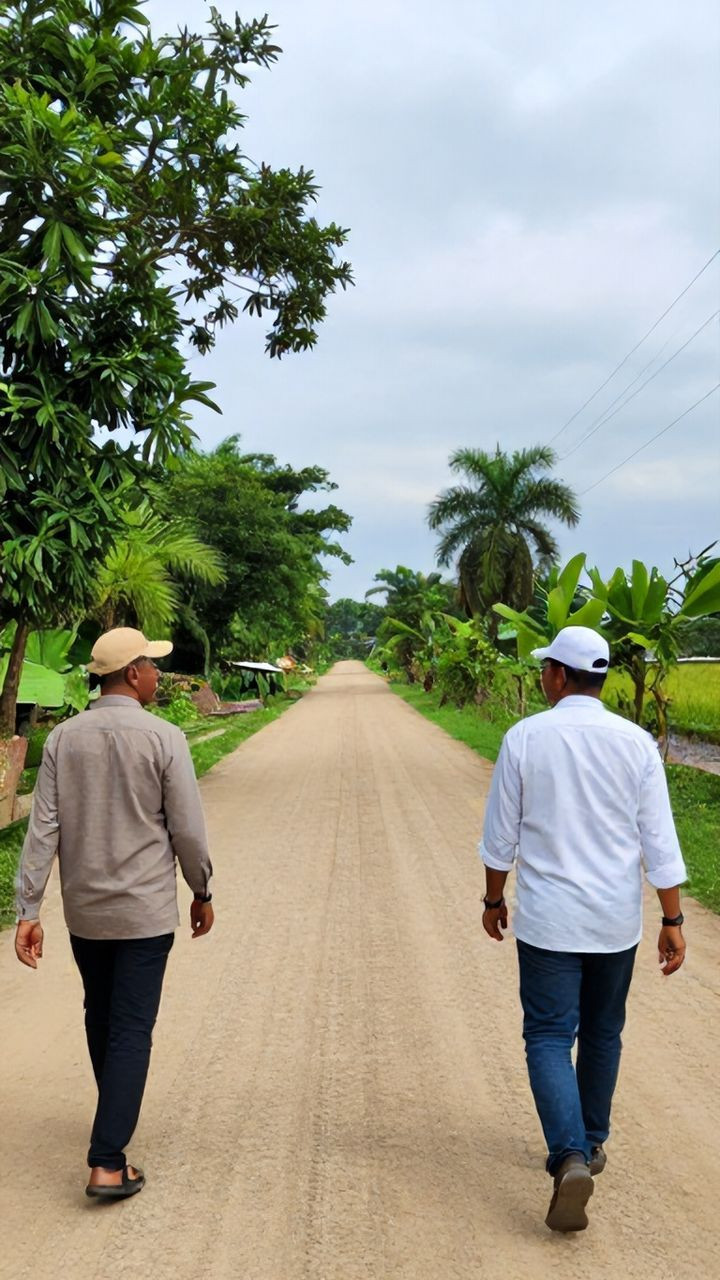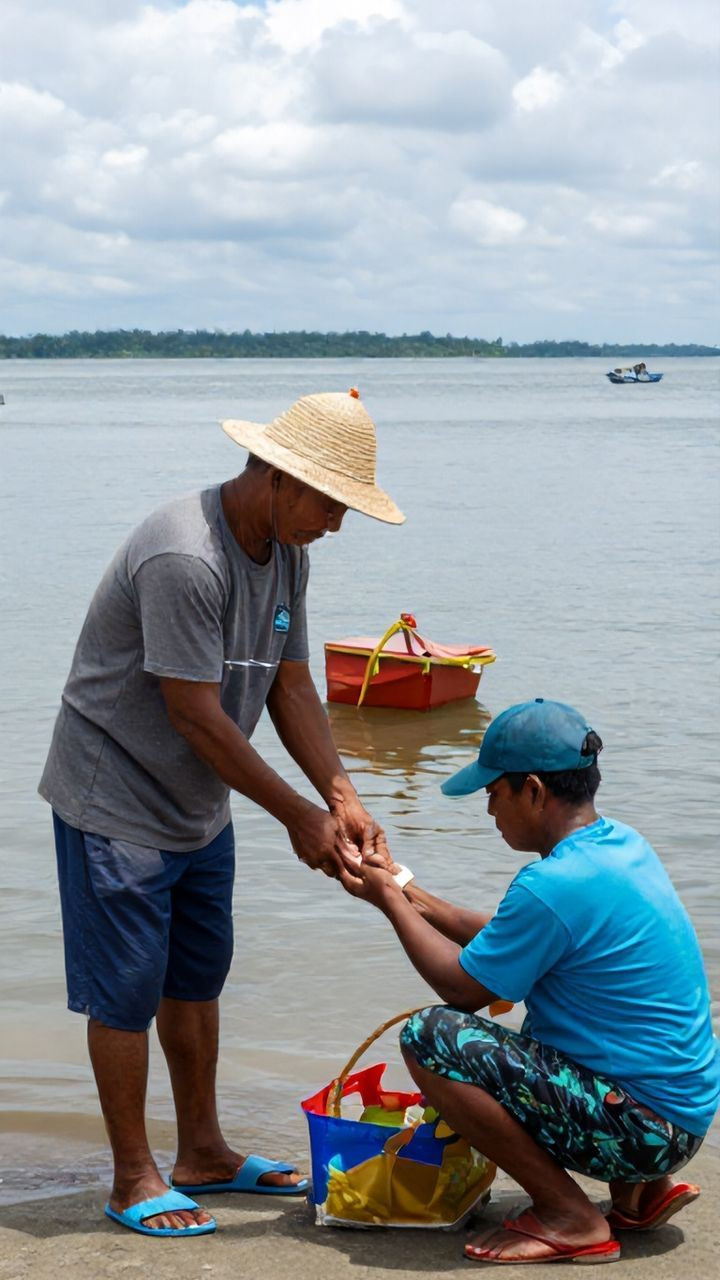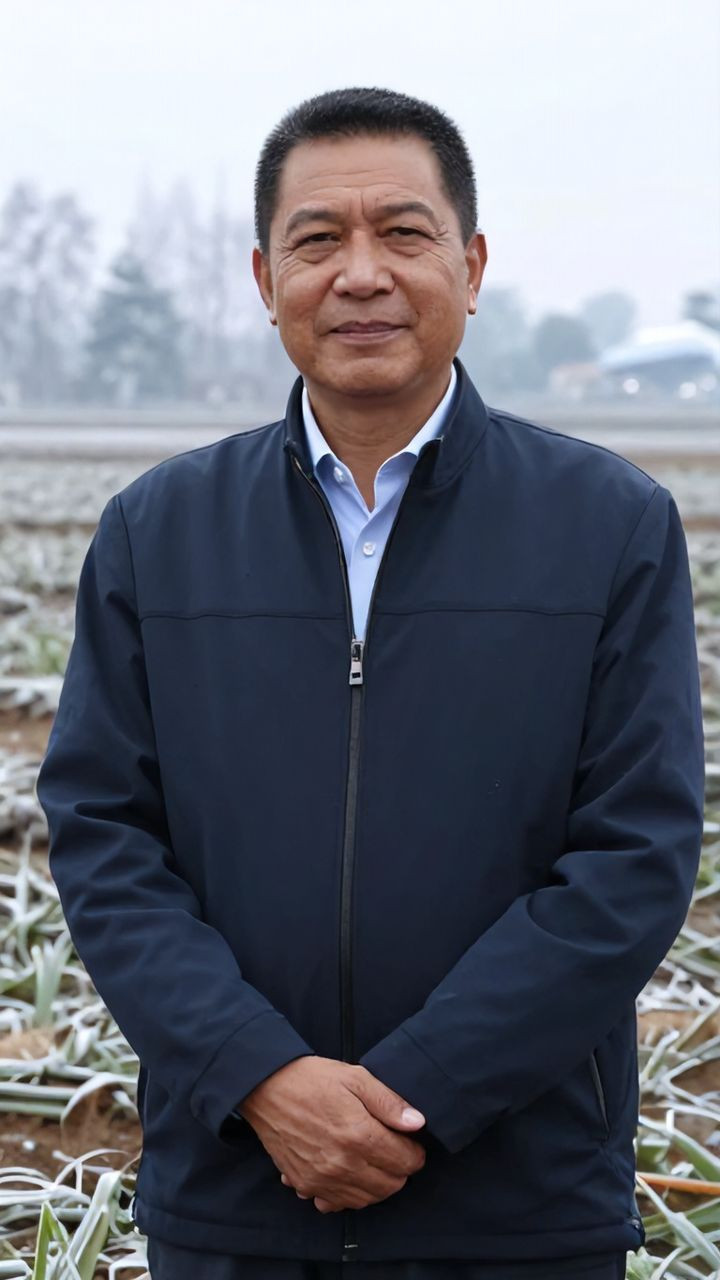
Navigating Linguistic Challenges How Professionals Can Overcome Communication Barriers in Crisis Situations
Navigating Linguistic Challenges How Professionals Can Overcome Communication Barriers in Crisis Situations
Navigating Linguistic Challenges How Professionals Can Overcome Communication Barriers in Crisis Situations
When crisis strikes, effective communication becomes crucial for providing timely assistance to those affected. However, linguistic barriers can create significant obstacles to clear understanding, hindering the delivery of vital information. This is particularly true in situations where victims may not speak the same language as rescue workers or emergency responders.
The Importance of Crisis Communication
In the aftermath of a devastating event like the Guatemala bus crash that left at least 55 people dead, effective communication is essential for ensuring that help reaches those who need it most. Linguistic barriers can exacerbate the challenges faced in crisis situations, making it critical to establish clear channels of communication.
The Role of Linguists in Crisis Situations
As linguists, we play a vital role in facilitating effective communication during crisis situations. Our expertise in languages and cultural differences enables us to bridge the gap between different linguistic groups, promoting better understanding and cooperation.
Strategies for Effective Communication in Crisis Situations
To overcome language barriers in crisis situations, linguists can employ the following strategies
1. Cultural Competence Understanding cultural differences and nuances is critical for effective communication. Linguists can provide interpreters or translators who are familiar with local customs and dialects to facilitate better understanding.
2. Clear Communication In times of crisis, clear and concise language is vital for conveying critical information. Linguists can help ensure that essential messages are conveyed effectively to all parties involved.
3. Real-time Translation Advances in technology have made real-time translation tools increasingly accessible. Linguists can leverage these tools to provide instant translations, enabling effective communication in multilingual settings.
4. Community Engagement Building trust and rapport with local communities is crucial for effective communication. Linguists can facilitate community engagement by providing interpreters who are familiar with local dialects and customs.
Conclusion
As linguists, we have a critical role to play in facilitating effective communication during crisis situations. By understanding cultural differences, using clear and concise language, and leveraging technology, we can bridge the gap between different linguistic groups. In this way, we can provide support and assistance to those affected by disaster, helping to mitigate the impact of these tragic events.
Keywords Linguists, Crisis Communication, Language Barriers, Cultural Competence, Real-time Translation, Community Engagement






